YOU are the expert in your own safety.
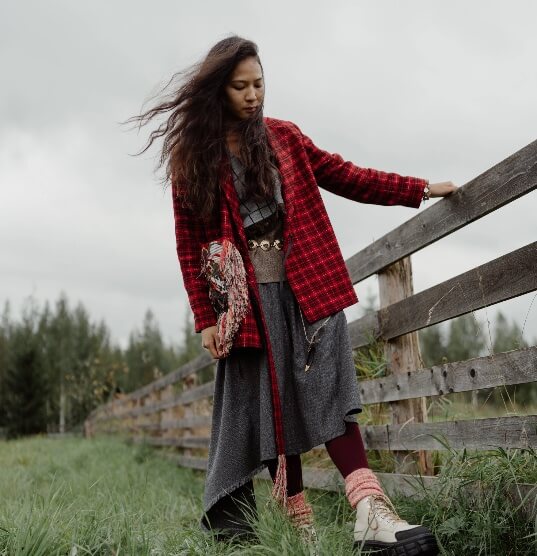
Immediate danger
Dial 000 and ask for the Police if you or your children are in immediate danger.
Whilst in a
Relationship
- Know emergency contact numbers such as the Police on 000 or the DV line on 1800 656 463 (1800 numbers don’t show up on phone bills but standard phone numbers do)
- Consider escape routes from different rooms in the home
- Plan and practice the quickest way to leave, consider driving routes where there are banks or service stations or large fast food outlets where there is CCTV monitoring
.

- Know where all the important paperwork is in the home so it can be found easily if needed in a hurry;
- Have an escape bag, Hide a change of clothes. Include all medications – link to escape bag checklist https://www.1800respect.org.au/help-and-support/escape-bag-checklist/create
- Speak to neighbours or someone trustworthy who can call the police if they believe there is danger
- Keep an extra key to the house and car
- Keep an extra phone with prepaid credit and numbers saved
- Talk to someone that can be trusted about the circumstances
- Consider parking car facing towards the road for a quick exit
- Download the Daisy App – link https://www.1800respect.org.au/daisy
Planning to Leave the Relationship
Many women prefer to plan when leaving a violent relationship. When there is violence in a relationship, there may be a limited window of opportunity in which a woman can leave safely. Therefore, it is important to be well prepared when the opportunity arises.
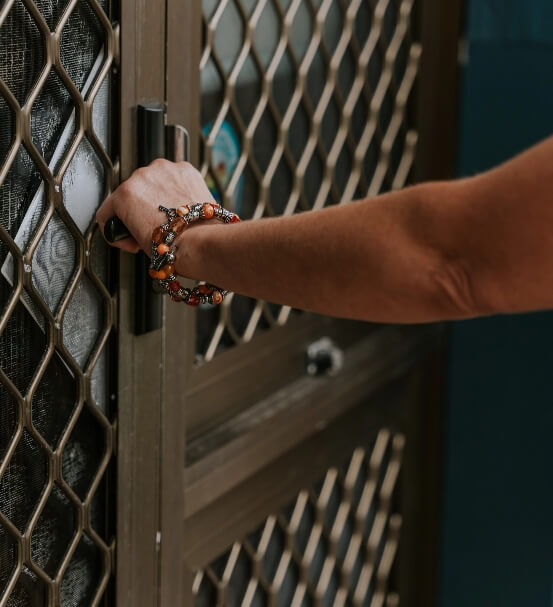
Some steps a woman can take in preparation of leaving are:
- Identify a safe place to go whether it’s a friend or family’s home. If needing emergency accomodation tonight, contact Links2Home on 1800 152 152 and highlight the need for accomodation due to leaving domestic violence
- Identify available support services; Warrina is the domestic violence specialist service in the Coffs Harbour area
- Collect all important paperwork, such as ID, birth and marriage certificates, immigration papers, deeds, etc. Important to keep these documents in a safe place, such as a friend’s house or another safe location outside the home
- Open a bank account in own name and ideally, having some cash available
- Notify children’s school or Day Care centre of intentions to leave and requesting this information remain confidential
- Seek legal advice; local Legal Aid office, Women’s Legal Service advice lines on (02) 8745 6988 or Family Relationships Advice Line on 1800 050 321
- Contact Services Australia (Centrelink). It is possible to apply for income support prior to leaving. It may also be possible to access a crisis payment from Centrelink in the first week after leaving.
Safety planning for
children, young people and pets
Kids
When children and young people are exposed to DFV, it impacts every aspect of their lives. Being exposed to DFV is distressing, and places them at risk. By creating a safe environment, kids will recover from their experience of trauma,
If you have children, depending on how old they are, ensure they are aware of the safety plan.
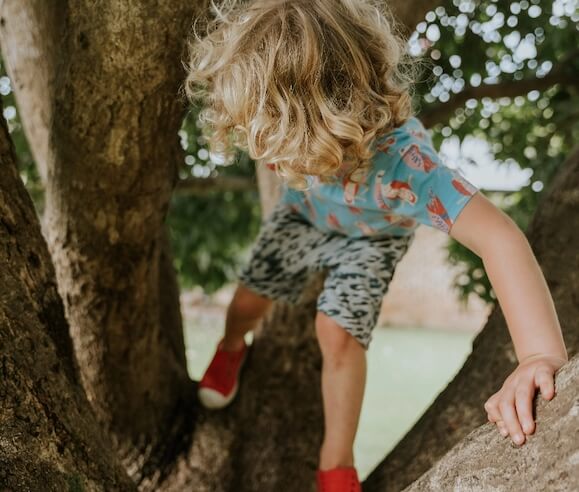
- Develop a code word with your kids that will let them know it is time to enact the safety plan
- The plan may include leaving the house quickly, calling for help or going to a safe place
- Ensure they know how to unlock a phone, call 000 and details of the address
- Teach you kids how to call for help, and have them practice saying “my name is …. and my mum is being hurt and my address is …..”
- Help your children identify a place in the home they can hide and feel safe, ensuring that this is a place with an exit (e.g. a window)
- Talk to children’s schools or day cares about developing a safety plan with you to keep them safe
- Have a copy of their blue books and health records
- If you need to leave, think about items that bring your kids comfort (e.g. a special toy, a type of bottle, their blanket) and try to bring these along.
- Consider getting an additional set of these items and keeping them somewhere safe
- Help your kids identify who are trusted adults in their lives. For example, their teachers, sporting coaches, NDIS workers, aunties/uncles or friend’s parents. It helps for children to know that there are safe adults they can speak with if things are tough
- Connect your kids to support and counselling if you feel they need additional support
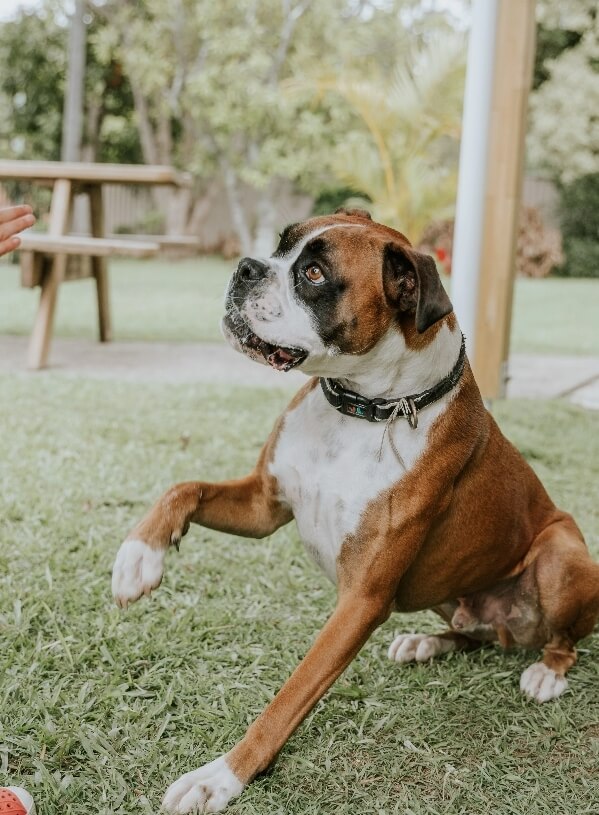
Pets
Pets and animals can also be harmed or killed in DFV. Here are some ways to help keep them safe
- Make sure your pet’s vaccinations are up to date and your vet has a record of this
- If you can not find this, speak with the RSPCA
- Establish ownership of your pet/s by creating a paper trail. For example. have vet records in your name
- Ensure that their microchips are up to date and in your name
- Speak with a friend about a safe place that your animals can go
- If they can not go to a friend, you can contact the RSPCA’ Safe Beds for Pets’. They can assist you to foster your animals while you find safety
- Many refuges (including Warrina) will consider having your animals stay with you at the refuge if you are fleeing abuse and violence.
.
After Leaving
Leaving a relationship where there is domestic and family violence does not always mean the abuse will stop. If a woman has not gone to a safe location such as a refuge, extra safety precautions may need to be taken.
A woman may consider taking the following safety precautions:
- Contact the local Police station and let them know the situation
- Consider changing mailing address to a PO Box. Australia Post offers a one-off option of free PO Box access for up to 22 months
- Ensure phone numbers are silent and always carry a mobile phone
- Advise children’s school or day care centres of the situation and provide them with relevant documentation, e.g. Apprehended Violence Order, Family Court Orders, etc.
- Change all passwords on accounts (e.g. Services Australia, email account, social media, power company, phone and internet provider)
- Install additonal security, such as extra lights, locks, security cameras. Our Staying Home Leaving Violence program or Victims Services can assist to fund this,
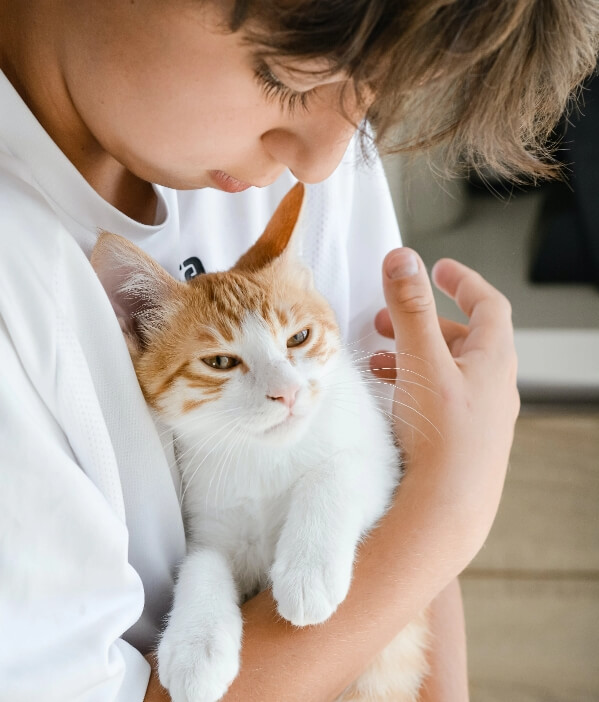

Technology Safety
Below are some helpful links regarding technology safety:
- Check car for tracking devices regularly. Ask a mechanic for information on how to do this
- Consider closing current phone/internet account and switching to new provider
- Check children’s belongings for tracking or recording devices
- Change every password you have to a new one that cannot be guessed
- Spyware can be easily put on smart devices (phones and ipads), Check these regularly, especially when kids are moving between homes
- eSafetywomen is an Australian Government resource designed to empower women to take control of their online experiences
- DVRCV is a Victorian site with a helpful page on Technology Safety
- WESNET https://wesnet.org.au
Our
Support Services
Warrina provides a holistic response to domestic and family violence to support you to live free of violence and abuse. We deliver a range of programs and services to meet your needs.
Crisis support and case management for single women (and their children) who become homeless.
Supporting the physical and emotional safety of women to remain in their homes after violence through long term case management
Support and advocacy for women in the legal system.
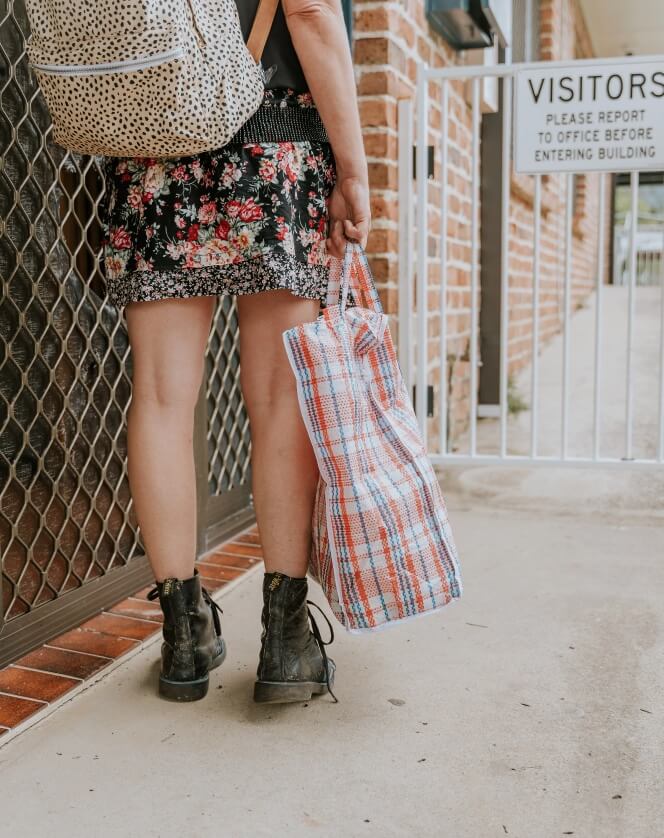
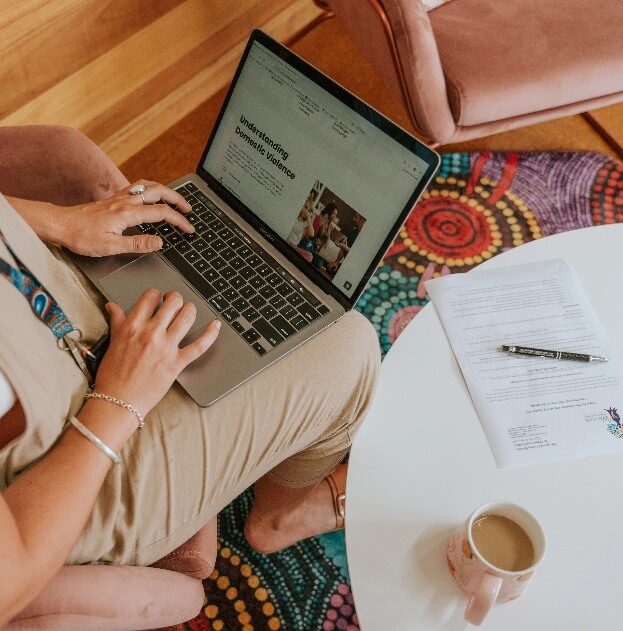
Individual and group programs to support men to take accountability and responsibility for their behaviours.
This service works with women and children who’s partners or ex partners are participating in our men’s behaviour change programs.
At times, you may need to access one or more Warrina services. If this is the case, we will ensure you have a coordinated approach to enable you to access all the support you require.